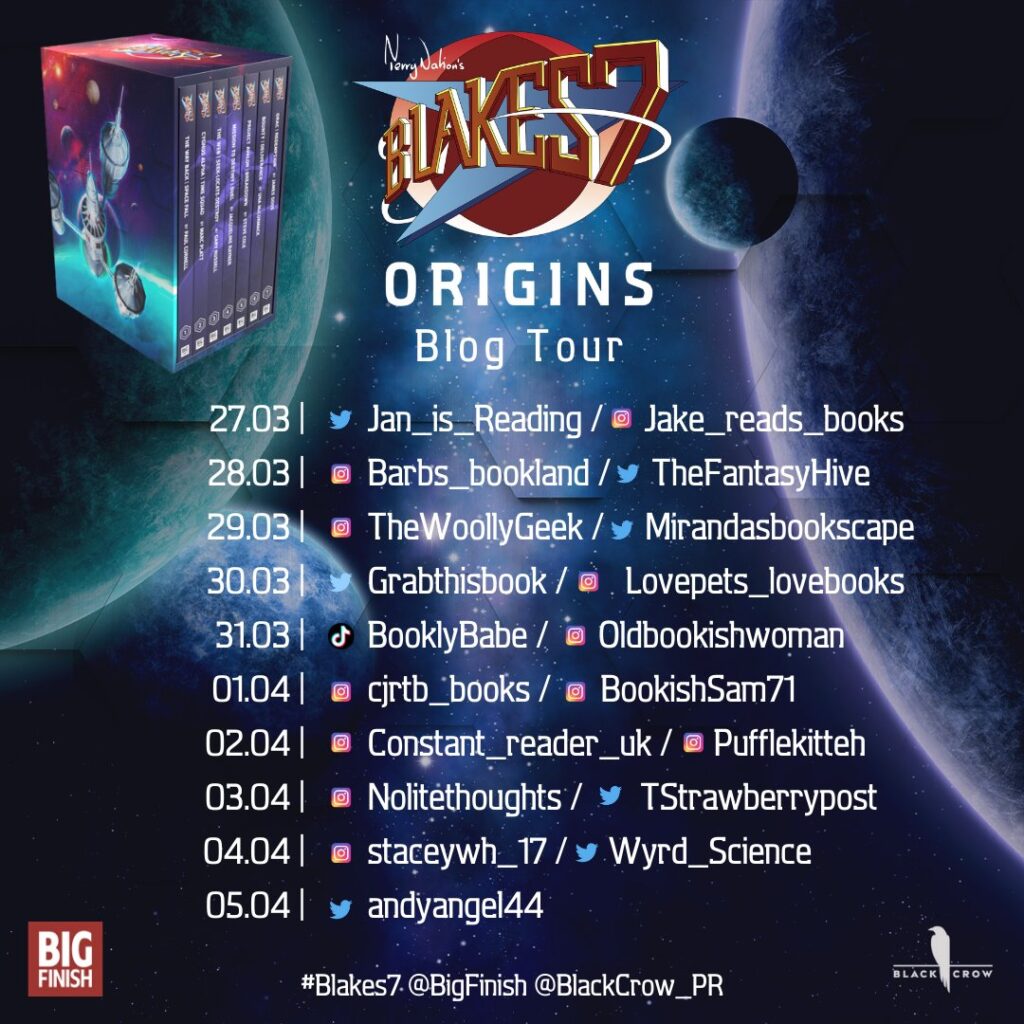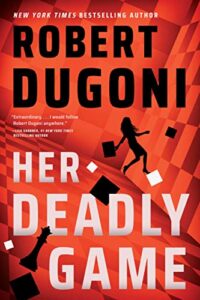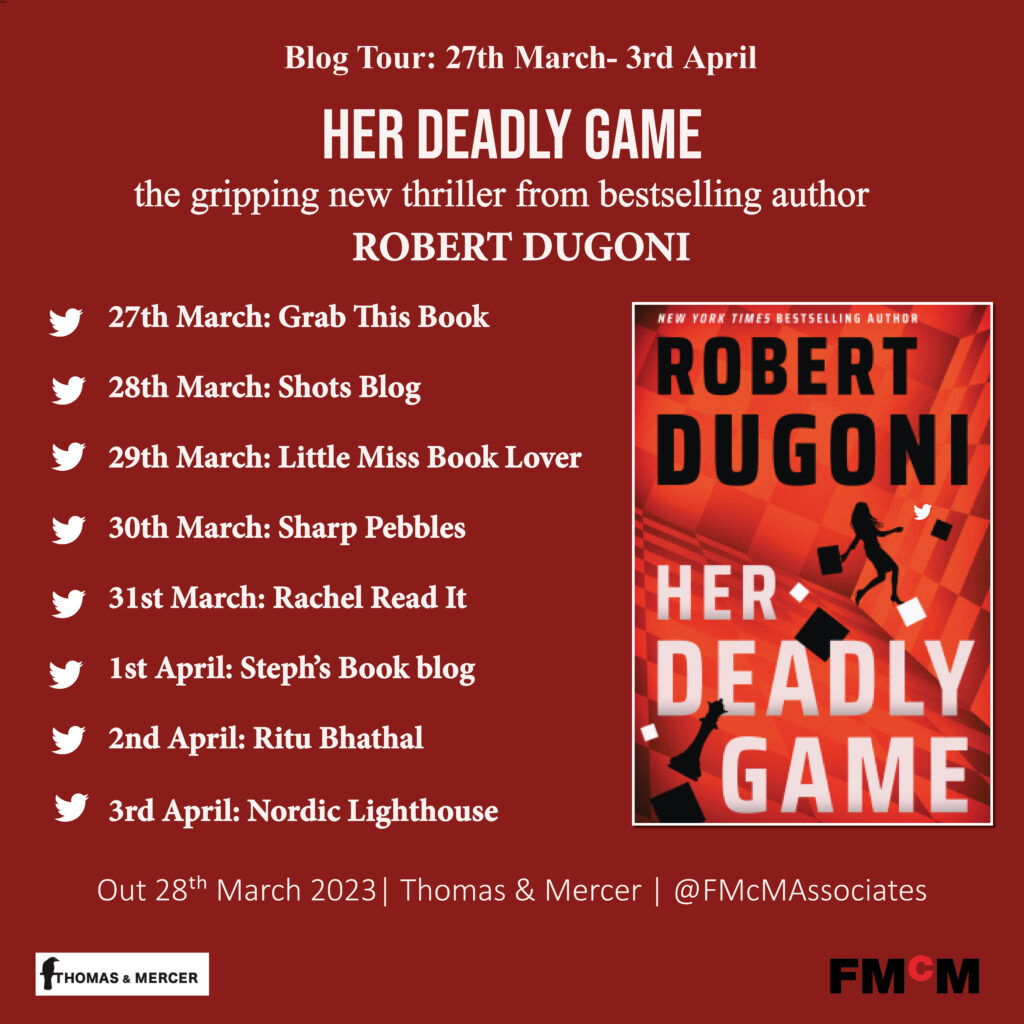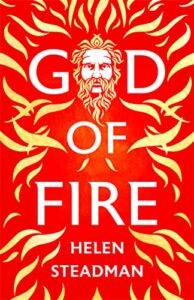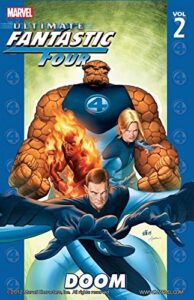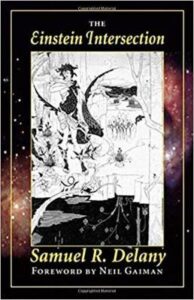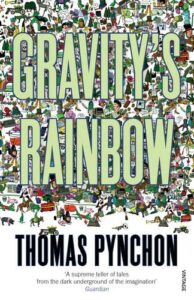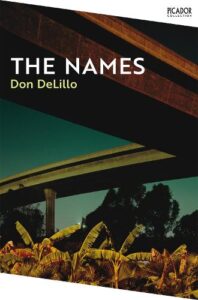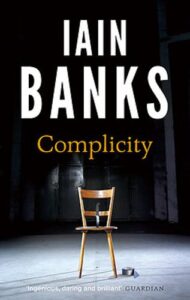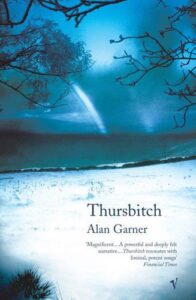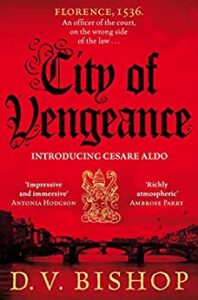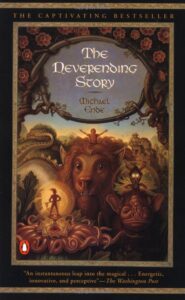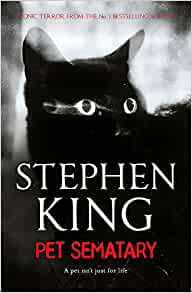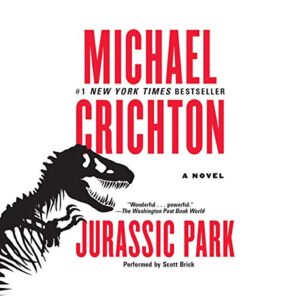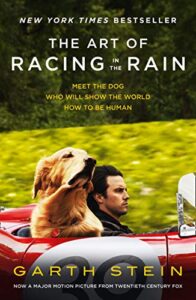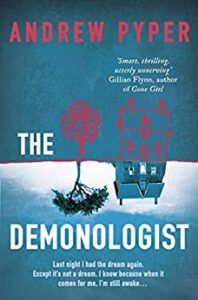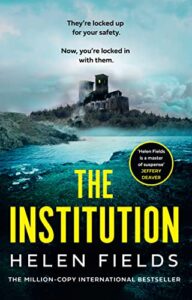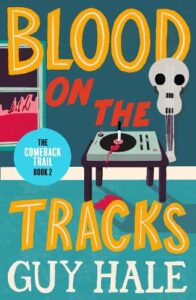Decades: Compiling the Ultimate Library with Alice Bell
Welcome back to the Decades Library. This is my ongoing quest to assemble a Library which features only the very best reading recommendations, the books recommended by authors, bloggers, publishers and journalists – booklovers all.
I started this challenge back in January 2021. Each week a guest joins me and I ask them to help curate my new Library. I want them to recommend some of their favourite books, the unmissable ones which they believe everyone should read. But I ask each of my guests to follow two simple rules when making their choices. Gotta have rules, without rules there is anarchy and if you have anarchy and books in the same place then someone may fold down the corner of a page. *shudders*
The two rules are thus:
1 – You Can Select Any Five Books
2 – You May Only Select One Book Per Decade From Five Consecutive Decades.
This week (spoiler) we are kicking off in the 1940’s and we end up with one of my favourite books of the 1980’s (it’s actually one of my favourite books EVER, but it was published in the 80’s)
This week I am delighted to be joined by Alice Bell, author of the upcoming new release: Grave Expectations. When I saw Alice was a deputy editor at Rock Paper Shotgun I gave serious consideration to making the library a multi-media experience and ask her to nominate her five decades selections for videogames too, but if Manic Miner didn’t represent the 1980s then I’d have a sad-face day.
So lets stick with books and hand over to Alice so we can see her selections:
 Alice Bell grew up in South West England, in the sort of middle-of-nowhere where teenagers spend their weekends drinking Smirnoff Ice in a field that also has at least one horse in it.
Alice Bell grew up in South West England, in the sort of middle-of-nowhere where teenagers spend their weekends drinking Smirnoff Ice in a field that also has at least one horse in it.
She is the deputy editor of Rock Paper Shotgun, a popular PC gaming website, and in 2019 she was named one of the 100 most influential women in the UK games industry.
After spending several years in London, Alice now lives in Cork in Ireland. She has probably read more detective fiction and watched more episodes of Midsomer Murders than you.
Alice is on Twitter as @ABeeWords.
Grave Expectations publishes on 4 May 2023 and you can order a copy here: https://www.amazon.co.uk/gp/product/B0BLRKD54J/ref=dbs_a_def_rwt_bibl_vppi_i0
DECADES
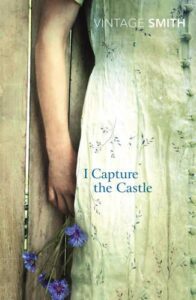 1940s – I Capture The Castle by Dodie Smith
1940s – I Capture The Castle by Dodie Smith
This pick hamstrung me a little, because it set, to within a few degrees, the other decades I could work with. But I couldn’t not choose it! It was the first book I thought of, and is always one of the answers I give to the ‘what is your favourite book ever?’ sort of questions. It’s the diary of a young girl who lives in a falling-down castle with her poor and eccentric family, and their lives are thrown into turmoil when some Americans who are a) handsome b) youngish and c) rich turn up – which is all anyone can hope from an American, isn’t it? It’s a wonderful book full of humour and pathos, and there was a decent film adaptation years back as well. I suppose if it came out now it would be classed as YA, but I really think of I Capture The Castle as timeless and ageless.
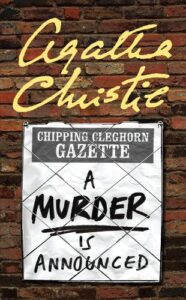 1950s – A Murder Is Announced by Agatha Christie
1950s – A Murder Is Announced by Agatha Christie
I had to get Agatha on my list somewhere, and luckily she’s prolific enough I could have got here in any of my decades or more. A Murder Is Announced really is one of her best, though. I’ve always favoured Marple over Poirot (which might be an unpopular opinion), partly because her adventures always seem that little bit more whimsical and strange. In this one a murder is, indeed, announced in a local paper, which confuses Letitia Blacklock, the owner of the house named in the appointment. Several of her friends turn up to see if one happens – who wouldn’t? I’d be there with great big bloody bells on – and, indeed, it does. It’s a real showcase of Christie’s wit as well as her prowess at crafting fiendishly difficult mysteries. The Queen of Crime indeed!
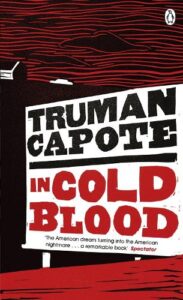 1960s – In Cold Blood by Truman Capote
1960s – In Cold Blood by Truman Capote
True crime is an unstoppable monolith these days, and there’s a good argument that Capote’s In Cold Blood was the template for its modern incarnation (including, I should say, probable editorialising on the part of the creator when the facts didn’t work quite well enough for a good story). I have the morbid fascination with ‘orrible murderers that a lot of women my age have, and In Cold Blood is remarkable in how it chronicles the personality and psychology of two family annihilators who killed the Clutter family of Western Kansas, creating a holistic picture of them and their crime – most especially Perry Smith. But Capote also gives great detail on the victims themselves and the wider community. It’s a sad story told in great and elegant detail.
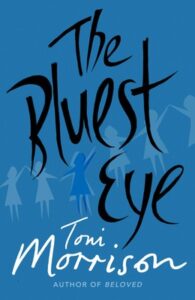 1970s – The Bluest Eye by Toni Morrison
1970s – The Bluest Eye by Toni Morrison
The Bluest Eye was Morrison’s first novel, and it’s an extraordinary one, about the young life of Pecola Breedlove, an African American girl regarded as ugly because of the darkness of her skin – though it’s obviously about much more than that, too. It’s a short book, and largely told from the point of view of Claudia MacTeer, whose parents foster Pecola for a short time. I think it’s the book of Morrison’s that sticks out most to me because I read it when I wasn’t much older than the characters in it, so it really stuck with me. Although I think it sticks with anyone when you read it. The writing is so emotive, the story so artfully constructed – right down to the chapter titles.
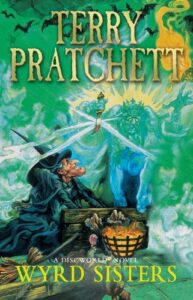 1980s – Wyrd Sisters by Terry Pratchett
1980s – Wyrd Sisters by Terry Pratchett
This is not, technically, the first of The Witches books in Terry Pratchett’s Discworld series, but in my heart it is, because it’s the first to feature the whole coven. It’s also, quite possibly, my favourite Discworld book, although that changes based on the time of year, how warm my toes are, etc. and so on. I think I get a lot of my own writing style and sense of humour from reading so much Pratchett in my formative years (she says, hopefully), and the witches were always the ones I enjoyed most. Wyrd Sisters is a version of Shakespear’s Macbeth from a sideways point of view and with extra magic, and it has what I think is the best opening of a Pratchett book. Right away he sets the scene and the tone in fantastic style. He’s an inimitable writer, really.
Any time I get to add a new Terry Pratchett book to my Decades Library it’s a great day, factor in the very welcome addition of Jane Marple too and Alice has absoultely smashed this out of the park. Huge thanks to Alice for making such great selections. All five books will be added to the Library shelves immediately.

